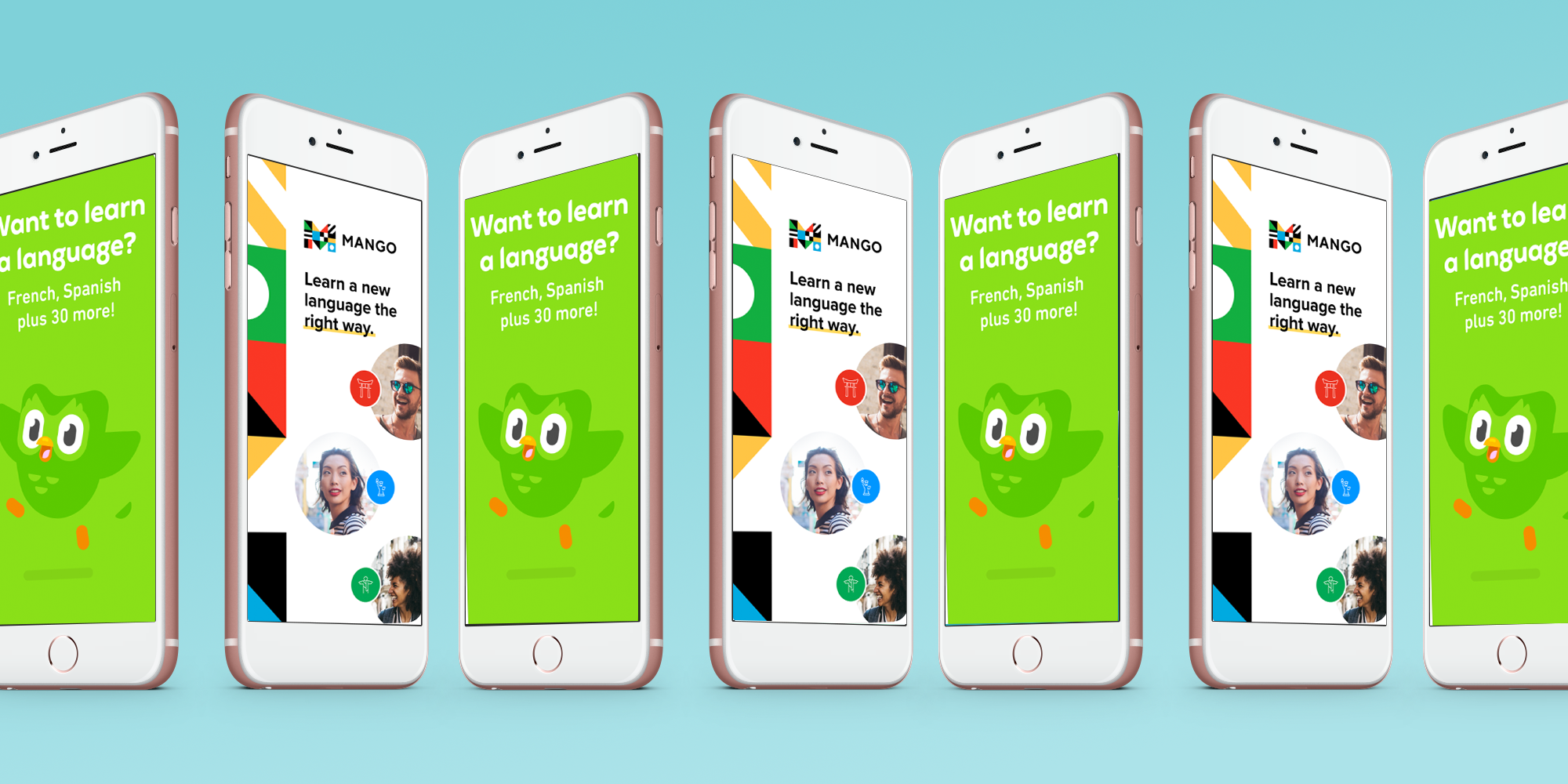

In general, she notes that language-learning programs provide a particularly good “baseline” for those learning a new language within a language family that they already know. Fox was introduced to Pimsleur by some of her linguistic-minded and polyglot peers, and says it is “more rigorous” than other programs.

Whereas other programs can be too repetitive and introduce words nonsensically, Perez says Pimsleur has “a lot of listening, repeating, and practicing conversations with prerecorded clips,” which helps people learn in a conversational context. Among the different programs on the market, Pimsleur was highly recommended for its conversational methodology by two experts, Fox, and Vincent Perez, a French teacher at the indie travel bookstore Idlewild Books. Unlike “pop language apps” like Duolingo, these are often more rigorously researched, combine different learning techniques, and usually cost a good amount of money. So, whether you want to converse with your neighbor, or need to practice grammar for a distance-learning exam, we spoke with six language experts - including a director at the Middlebury Language Schools and a polyglot - to find the best programs and resources for your at-home language learning.Īll of the experts we spoke to say that traditional online learning programs are the most effective tool for beginning language learners to acquire and practice some vocabulary and grammar. “It’s a very special time for practicing language.” Sandy Fox, postdoctoral research fellow at Stanford University and founder and producer of Vaybertaytsh: A Feminist Podcast in Yiddish. “Language learning has always happened outside the framework of official learning online, but now you can easily find Zoom calls in other languages to participate in,” says Dr. With everything from yoga classes to lectures currently taking place online (often for free), this is a unique moment to learn another language with the help of technology. Laura Baecher of TESOL (Teaching English to Speakers of Other Languages) at Hunter College’s School of Education. Another thing to keep in mind are your “internal factors,” like learning style and interests, because “we tend to emotionally respond to something when it’s meaningful to us personally,” says Dr. Julio Torres, assistant professor of applied linguistics at University of California, Irvine, who explains that pedagogical methods differ based on learning goals. “People’s goals for learning another language can vary from something serious, like they need to move and function in another society, to the other extreme, of downloading a phone app and learning a new language just for fun,” says Dr. The prospect of finally mastering, say, French, guarantees hours of indoor entertainment during our seemingly never-ending imperative to stay indoors, but experts say the first step in successful language learning is to consider your motivations.

BEST LANGUAGE LEARNING PROGRAM 2019 FREE
If you’ve watched all of Netflix, played every board game in your possession, and baked more bread than you can possibly consume, consider spending some of your newfound free time learning (or relearning) a language. Photo: The LIFE Picture Collection via Getty/Time Life Pictures


 0 kommentar(er)
0 kommentar(er)
